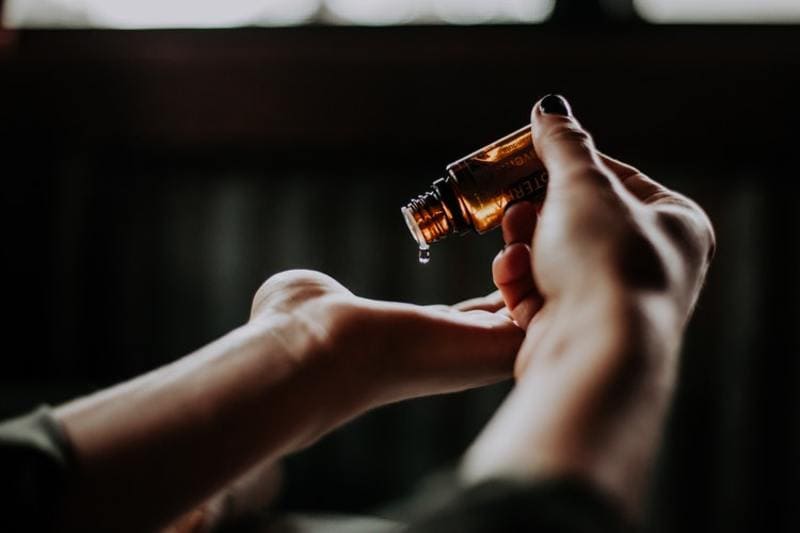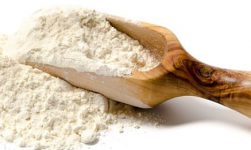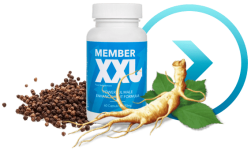 (Last Updated On: December 8, 2019)
(Last Updated On: December 8, 2019)Tea tree oil is one of the most widely used essential oils. It has benefited from research and recognised for the health benefits it brings for almost every part of the body–the most popular of which is its role in treating a range of skin disorders.
Tea tree oil is nature’s gift for those in need of a remedy for their skin worries. But whether or not you have skin imperfections, you’d find it worthy to know how tea tree oil can do wonders for you.
What exactly is Tea Tree Oil
Tea tree oil, also known as melaleuca, is well-known for its powerful antiseptic properties and ability to treat wounds, which is why it’s one of the top antibacterial essential oils. Tea tree is a volatile essential oil derived mainly from the Australian native plant Melaleuca alternifolia. It’s been widely used throughout Australia for at least the past 100 years and for over seven decades, it’s been documented in numerous medical studies for its ability to kill many strains of bacteria, viruses and fungi.
Tea tree oil contains a number of healing active compounds, including limonene, linalool, cineole, terpinen-4-ol and more. Terpinen-4-ol in particular has been documented to destroy microbes and fungi, making tea tree oil a powerful antibacterial and antifungal.
A highly versatile oil, tea tree essential oil or Melaleuca oil is known to treat a lot of different ailments
Common use
- Acne
- Athlete’s Foot
- Fungal Infection of the Toenails
- Dandruff
- Blackheads
- Cystic Acne
- Vaginitis
- Thrush
- Periodontal disease
- As an antiseptic
- Boils
- Skin tags
- Ringworm
- Lice
- Eczema
- Psoriasis
- Yeast infection

Side Effects & Safety
Tea tree oil is POSSIBLY SAFE for most people when put on the skin, but it can cause skin irritation and swelling. In people with acne, it can sometimes cause skin dryness, itching, stinging, burning, and redness.
Applying products to the skin that contain tea tree oil along with lavender oil might not be safe for young boys who have not yet reached puberty. These products might have hormone effects that could disrupt the normal hormones in a boy’s body. In some cases, this has resulted in boys developing abnormal breast growth called gynecomastia. The safety of these products when used by young girls is not known.
Tea tree oil is LIKELY UNSAFE when taken by mouth. Don’t take tea tree oil by mouth. As a general rule never take undiluted essential oils by mouth due to the possibility of serious side effects. Taking tree tea oil by mouth has caused confusion, inability to walk, unsteadiness, rash, and coma.
Benefits for the skin
Tea tree oil is effective in promoting healthy skin by soothing and healing a wide range of skin issues. Use tea tree oil with a few precautions:
- You should not apply tea tree oil directly to skin. It’s important to dilute the oil with a carrier oil, such as olive oil, coconut oil, or almond oil.
- For every 1 to 2 drops of tea tree oil, add 12 drops of a carrier oil.
- Also, be careful when using tea tree oil around the eye area. Exposure can cause redness and irritation.
- Before you use tea tree oil, do a patch test to make sure your skin doesn’t react to the tea tree oil.
Where to find
Tea tree oil is most commonly found as a pure essential oil. It is also an Ingredient in creams, ointments, lotions, soaps, and shampoos.
Tea tree oil should not be confused with Chinese tea oil, cajeput oil, kanuka oil, manuka oil, ti tree oil, and niaouli oil.
Oral health
A gel containing tea tree oil may be beneficial for those with chronic gingivitis, an inflammatory gum condition.
Study participants who used tea tree oil gel experienced a significant reduction in bleeding and inflammation when compared with a placebo or a Chlorhexidine antiseptic gel.
Other research indicates that a type of bacteria associated with bad breath may be treated with tea tree oil and alpha-bisabolol, the active component in chamomile.
The amount and timing of tea tree oil dosage depend on several factors, including the condition requiring treatment, its severity, and the concentration of the tea tree oil.




